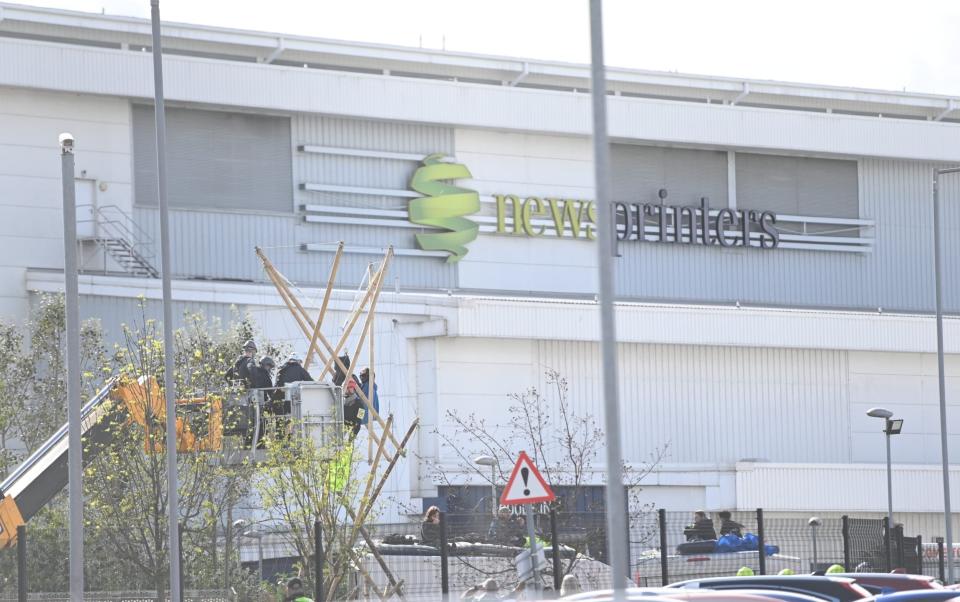Lords inflict 13 defeats on Government’s crackdown on disruptive protests

The House of Lords has inflicted 13 defeats on the Government’s crackdown on protests, which it launched after mass disruption by eco-activists.
Measures including a new offence of interfering with key national infrastructure such as airports and newspaper printing plants were rejected by the peers, who claimed the powers were too wide, rushed and anti-democratic.
New stop and search powers, tougher sentences for blocking highways and scope for restrictions on noisy protests also fell victim to the mauling of the police, crime, sentencing and courts Bill on Monday night.
The votes set up a protracted "ping pong" tussle known where legislation is passed between the Lords and Commons until agreement can be reached.
Peers criticised not only the measures, but also the way they had been introduced at such a late stage of the passage of the Bill, after it had already gone through the House of Commons.

However, Baroness Williams of Trafford, the Home Office minister, argued the measures were "vitally important in protecting the country from the highly disruptive tactics employed by a small number of people".
She said: "The rights to freedom of speech and assembly are a cornerstone of our democracy and this Government will not shrink from defending them.
"But a responsible Government, one that stands up for the rule of law, must also defend the rights and freedom of the law-abiding majority.
"Their rights cannot and must not be trampled on by a small minority of protesters, who believe they should not be answerable to the law and should be given carte blanche to cause any amount of disruption at any cost."
Lord Rosser, the Labour frontbencher, said the "sweeping, significant and further controversial powers" had not been considered by the Commons and branded it an "outrageous way to legislate".
He added: "We cannot support any of these last-minute, rushed and ill-thought-through broad powers... with the exception of approving the increased sentences for wilfully obstructing motorways and major roads."
Winding up the debate, Lady Williams said: "This House has got a choice. It can stand by the British public who respect and value the right to peaceful protest but recognise that protesters should not have a free rein to trample on the rights of others.
"Or it can send a signal to the militants, who believe that their right to protest trumps all other rights and there should be no limit on the amount of disruption they cause whatever the cost to the wider public.
"The arguments deployed here tonight are about the middle classes trying to stop working people from going to work and I know where I stand on this."

 money
money 